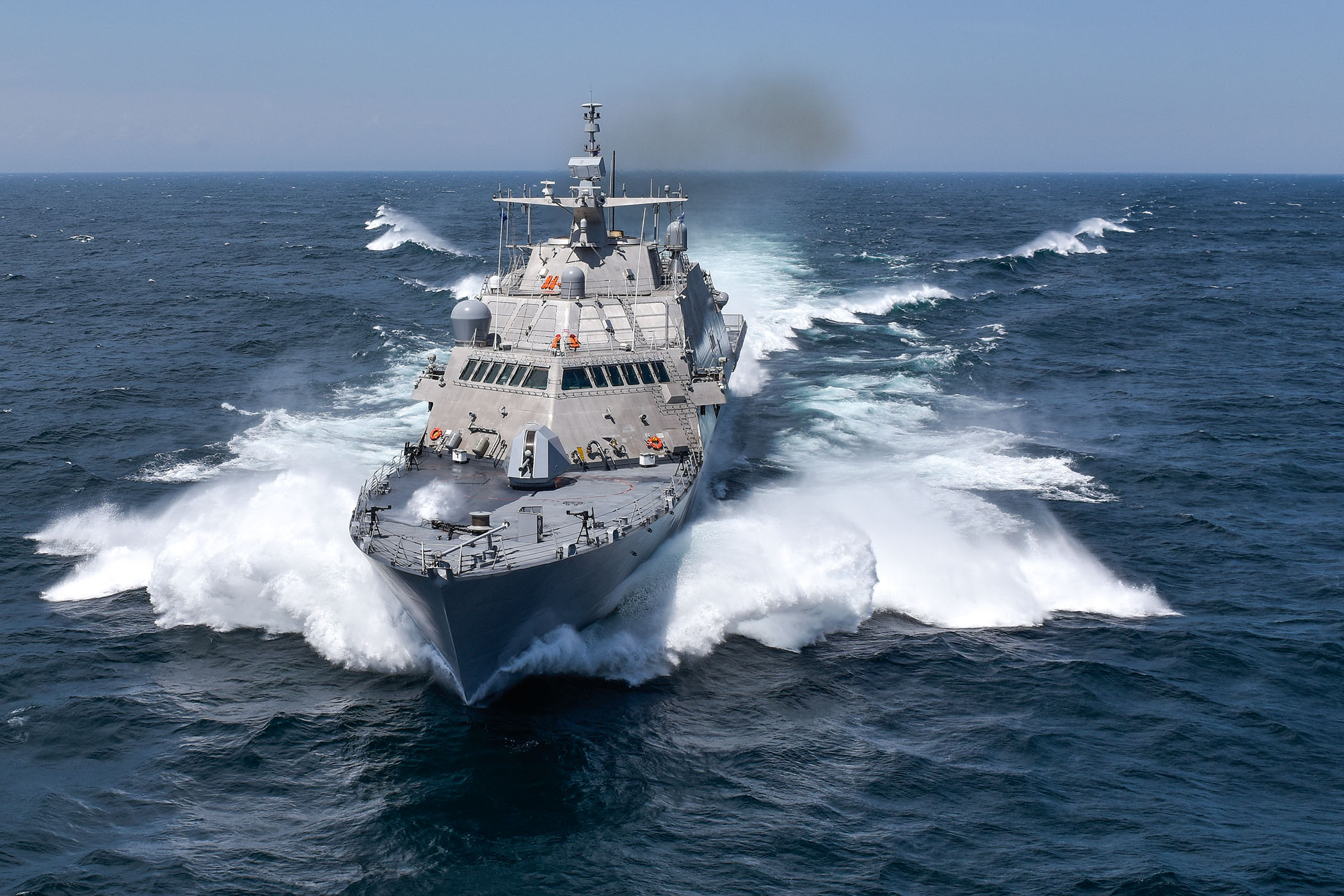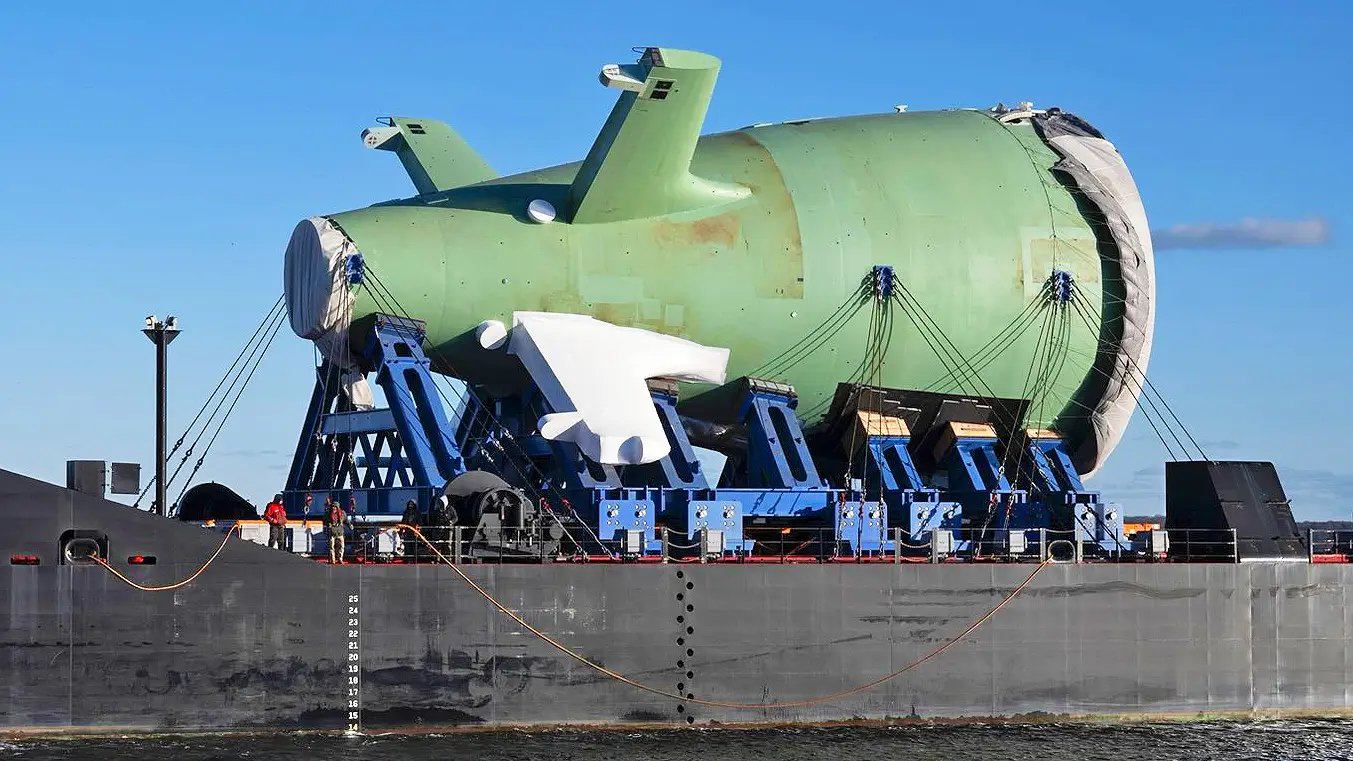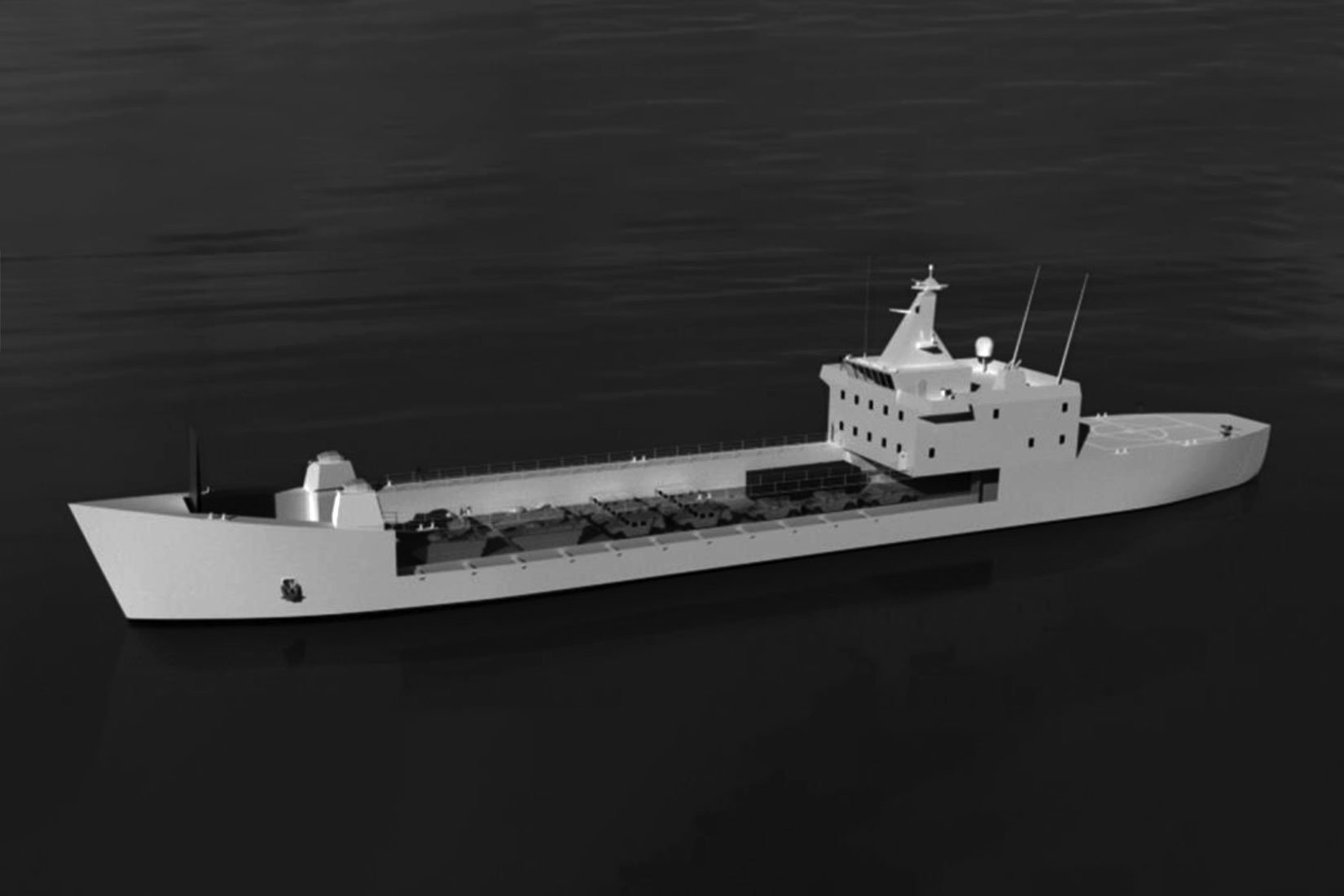
WASHINGTON, D.C. — Members of the Senate Armed Services Committee today questioned the Navy’s ability to ensure a smooth transition from the Littoral Combat Ship to the frigate program, given that current plans would force the Navy to award something akin to a block buy contract for 12 ships even before the first frigate is built and tested.
During the opening statements of what would become a heated hearing, Government Accountability Office Managing Director of Acquisition And Sourcing Management Paul Francis suggested that lawmakers would lose much of their oversight ability for the frigate program if they signed off on the Navy’s request for a block buy of frigates, expected to be included in the service’s Fiscal Year 2018 budget request.
“[The frigate program] is not going to have milestone decisions. It’s not going to be a separate program. There won’t be a milestone B. You’re not going to have Nunn-McCurdy protections for the frigate itself. You won’t have a selected acquisition report for the frigate itself. And some of the key performance parameters, as they relate to the mission modules, have been downgraded to key system attributes, which means the Navy and not the [Joint Requirements Oversight Council] will make decisions on what is acceptable,” he warned the lawmakers.
“So let me wrap up by saying, the ball’s not in your court. In a few months you’ll be asked to approve the FY18 budget submit, which will, if current plans hold, include approval for a block buy of 12 frigates. In my mind, you’re going to be rushed again, you’re going to be asked for upfront approval for something where the design isn’t done, we don’t have independent cost estimates, the risks are not well understood.”
Several senators pounced on this statement, pressing Navy acquisition chief for more information on the transition plans.
SASC chairman Sen. John McCain (R-Ariz.), long critical of the LCS program, bluntly said in the hearing that “this idea of a block buy before it’s a mature system is absolutely insane.”
SASC ranking member Sen. Jack Reed (D-R.I.) asked for more details on the plan to morph the LCS into a frigate and what oversight opportunities the committee would have. Stackley stressed the similarities between the LCS and frigate program and the natural progression from one to the next, saying the Navy would use “existing capabilities or capabilities that we already have in development that the ship is already designed to accommodate.”
Stackley said the two LCS contractors, Lockheed Martin and Austal USA, are already working on their frigate designs ahead of the Navy releasing an official request for proposals next summer. The exact details of the “block buy” plan are not yet decided and would be outlined in the FY 2018 budget request, Stackley said, with the Navy aiming to buy these ships as affordably as possible.
“The competitive downselect would be based on best value associated with the detail design by the shipbuilder,” he said, though no ships will be built or tested before the Navy has to commit to a single contractor.
“What we’re telling them is, somebody is going to win this, one is going to win this, and they will get 12 ships of this frigate design. The details in terms of whether that’s one plus 11 options, whether that’s 12 options, or whether we convert that to a multiyear in the future, that is not decided today. But we do want to ensure we procure those ships as affordably as possible when we go through that competitive downselect.”
Francis, though, in his opening statement advocated against Congress approving any kind of block buy in FY 2018.
“Don’t approve a block buy. Have the Navy do a competition on detail design and let them compete the two ship designs and downselect, and make it a major acquisition program with its own baseline and its own milestones and its own [Selected Acquisition Reports]. In (FY) ‘19, then you can consider if you want to authorize more ships, and that should be based on the demonstrated performance of the ships.”
When Sen. Mazie Hirono (D-Hawaii) brought up the block buy issue later in the hearing, Francis said the frigate modifications would add at least $100 million to the cost of each ship, compared to the LCS design, and advocated requiring a formal Milestone B approval process for the frigate instead of considering it a follow-on flight upgrade that wouldn’t need its own formal milestone decision.
Stackley again downplayed the difficulty of the frigate transition, noting that “unlike the start of this (LCS) program, we are not going to suffer through requirements churn and instability. We are not going to introduce new design late in production that’s going to cause cost to go through the roof. We’re not going to put these ships under contract in a cost-plus environment where the government owns responsibility for the cost itself.”
He told Hirono he would provide the senators with whatever cost estimates, requirements documents and other components of the Milestone B approval process and, if the senators still need more assurances, “if we need to establish a pseudo milestone B or a milestone B, I don’t hesitate to do that.”





